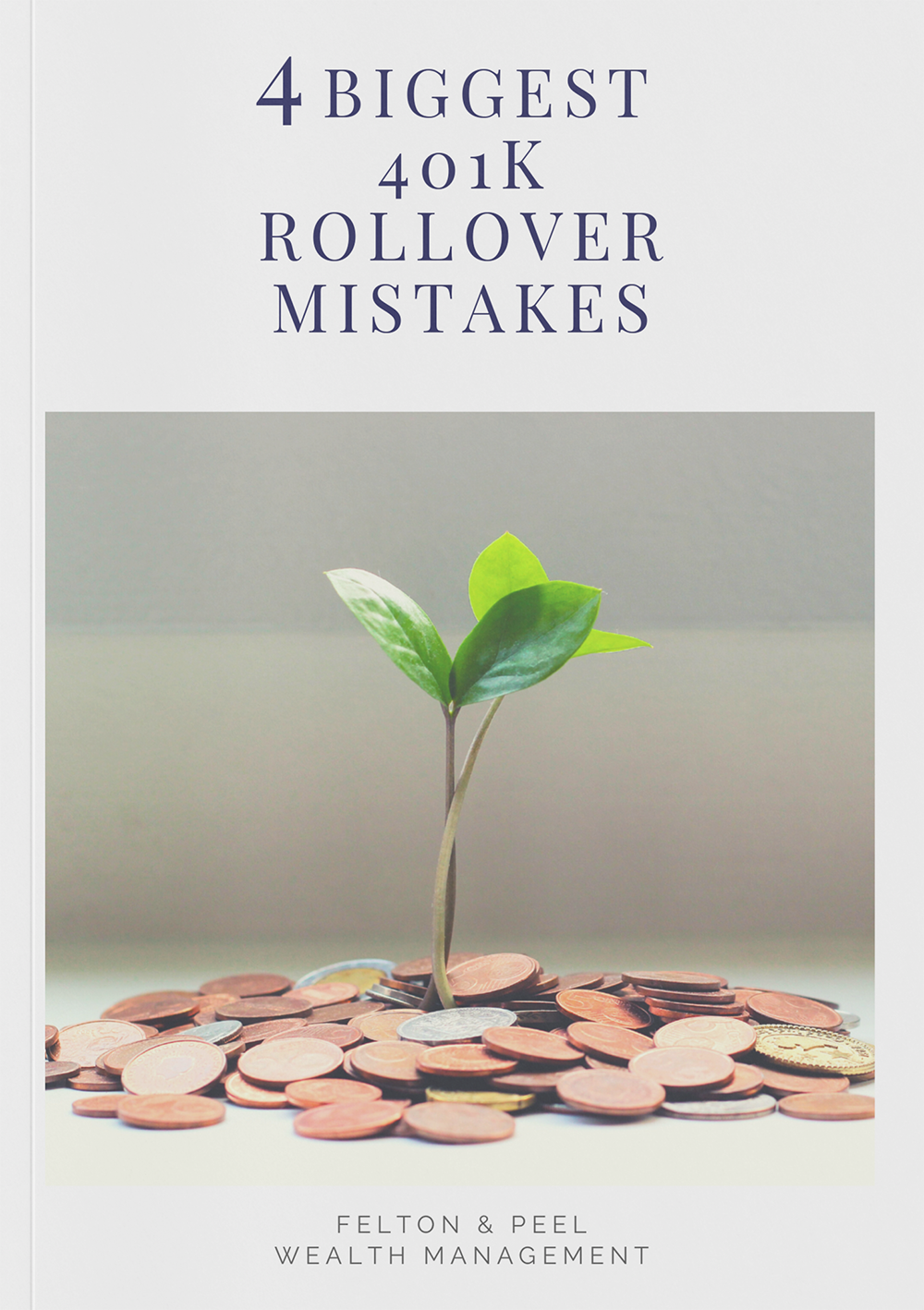
Non-Fungible Tokens Explained: Six Takeaways for 2021
Just because you can’t hold something in your hand, put it on a wall or locate it on a map, doesn’t mean you can’t invest in it. If that seems a little ‘out there’, then hold your hat as we dive into the digital assets called Non-Fungible Tokens (NFTs) and how they work.
While the media has been full of the NFT which billionaire rapper Jay-Z commissioned to celebrate the 25th anniversary of his Reasonable Doubt album, and reports of how Dallas Mavericks owner Mark Cuban believes NFTs are ‘going to be huge’, many people are still battling to get their heads around this new, intangible investment asset.
Takeaway 1: What are Non-Fungible Tokens?
Part of the blockchain and cryptocurrency universe, NFTs are virtual tokens that exist only in the digital world.
Just like physical assets, you can buy and sell NFTs, but you don’t own them in precisely the same way as you would property or art.
Your ownership is verified and linked to the item only through the blockchain, giving buyers digital proof of ownership and provenance that would excite any serious fine art collector.
So, why would you want to buy a digital asset like this?
The explanation lies in the name, Non-Fungible Tokens, which basically means that the item is unique and authentic. That exclusivity – coupled with growing demand – infuses these assets with value.
Takeaway 2: How do NFTs Work in Practice?
More commonly, NFTs only exist on the decentralized digital ledger that is blockchain and not in the physical world. However, NFTs can represent objects that exist in the real world – for instance, if you purchase an NFT of a piece of art or a photograph.
One of the earliest forms of NFTs are CryptoPunks, which date back to 2017 and comprise 10,000 pixelated digital avatars – each absolutely unique – which are impossible to copy. In 2021, Jay-Z caused a stir by adding a CryptoPunk NFT of a man wearing a gold chain with disheveled hair as his Twitter profile picture. This particular CryptoPunk sold for 55 ETH (about $126,000 at the time) on April 25th, 2021.
More recently, the global payment network Visa stepped into the NFT universe by buying a $150,000 CryptoPunk. While sportswear company Nike is also entering the Non-Fungible Token realm with its Cryptokicks NFTs, digital shoes which could, in time, be used to eventually create custom shoes in the real world.
Musicians, designers and artists are also making use of Non-Fungible Tokens to help monetize their work, rather than relying on physical sales at galleries and auction houses. An artist could, for instance, create a digital version of a physical work of art and sell it. It might not hold the same value as the original, but it does create another income stream.
Takeaway 3: What Does Ownership Look Like?
Compared with traditional assets, NFT ownership looks a bit different. For instance, you could own a digital asset, but the creator might still own the intellectual and creative rights. This is possible because you have ownership of the token, not the asset.
Each purchase comes with its own ownership rights; for instance, some smart contracts might allow for royalties to be paid to the creator each time the token is sold. Each case is unique, just like the digital assets themselves.
Since nothing about an NFT guarantees copyright, others can – and, indeed, may – copy the work. But they can’t sell the token. That’s all yours and is recorded and stored on the Ethereum blockchain until you choose to sell.
Takeaway 4: How Do You Buy NFTs?
It’s possible to buy Non-Fungible Tokens through a number of platforms, including OpenSea, Rarible or SuperRare – it all depends on what you are in the market to buy.
Once you’ve registered on your desired marketplace, and ensured your cryptocurrency wallet is topped up, you can dive into an NFT auction; putting in bids on items that catch your eye as you explore what’s on offer. The Ethereum network will charge a ‘gas fee’ to process the purchase, and that will be added to your final total. Once you’ve clicked ‘submit’, your NFT of choice is all yours.
Takeaway 5: Storing Your NFTs
Once you’ve made an NFT purchase, it’s not just a case of changing your Twitter profile and claiming your bragging rights. It’s important to store your Non-Fungible Tokens safely and securely. You can do this using either a software or hardware cryptocurrency wallet or a non-custodial wallet that gives you full control and enables you to store and control both cryptocurrencies and digital assets.
Takeaway 6: Why Would I Invest in NFTs?
A senior research coordinator at Harvard’s Berkman Klein Center, Will Mark, likens buying an NFT to ‘buying a star’. It has value, even if you can’t pin it down and frame it, and it certainly comes with the kudos of owning something unique.
From an investment perspective, the arrival of NFTs into the mainstream universe is certainly a positive sign. But, let’s be frank, not everyone wants to own a star. And not everyone will feel comfortable investing in NFTs.
It shows the continued evolution of the financial services sector as new options come into play. NFTs are, of course, very much in their infancy, and there is not a long-term track record to draw on.
This makes Non-Fungible Tokens a risky asset at present, so any purchases you make should be entered into with that very much in mind.
Ultimately the decision to invest in NFTs is a personal one, but should you wish to talk through the potential pros and cons, or if you’d just like to spend some time chatting about this unfolding new digital world, then I invite you to get in touch with us today.







